
5 Signs of a Sexually-Transmitted Infection
Sexually transmitted infections, or STIs, are common. Early detection and treatment can prevent health issues in your future. We talk about the signs here.

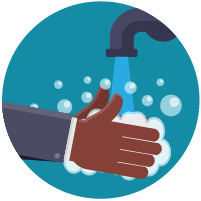
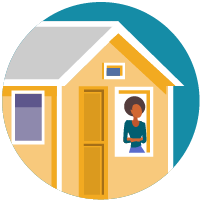
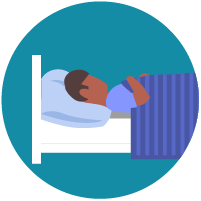
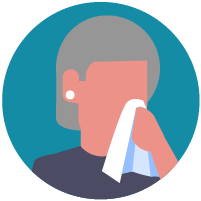
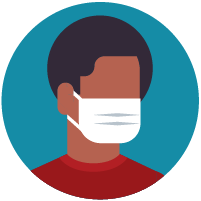
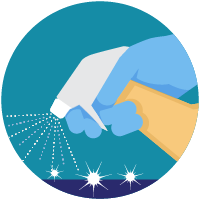
Resources: Centers for Disease Control and Prevention (https://www.cdc.gov/coronavirus/2019-ncov/about/prevention.html)



